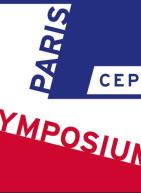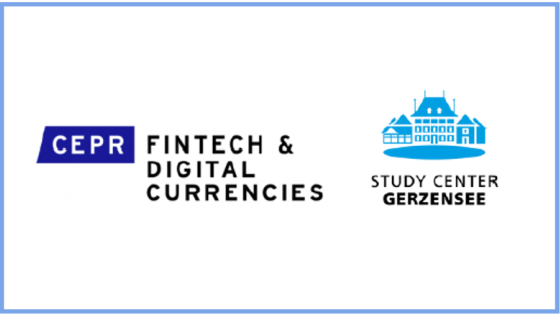DP18984 Attention-Driven Sentiment and the Business Cycle
Using survey data, we show that consumers' economic beliefs are driven by one component, which observationally behaves like "sentiment." Surprisingly, "optimistic" consumers expecting an expansion also predict disinflation, contrasting with professional forecasts. We explain these facts in a New Keynesian model where rationally inattentive consumers face fundamental uncertainty regarding aggregate demand and supply shocks. Optimal information-gathering economizes on information costs but compresses the dimensionality of consumer beliefs. Moreover, because supply-driven recessions are more costly for typical households relying on labor income, more attention is optimally devoted to supply shocks. Inflation is hence perceived as countercyclical; the apparent "sentiment" factor structure of beliefs reflects consumers' optimal focus on aggregate supply shocks. Business cycle dynamics depend crucially on the evolution of aggregate belief misperceptions. Finally, policies which aim to stimulate the economy by raising inflation expectations can have counterproductive consequences.


